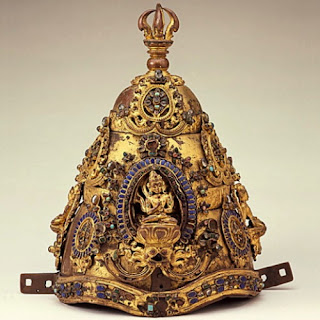Power In A Name
I really appreciate the power wielded by creative language. A tired, ostensibly exhausted idea can readily assume vibrant new life when couched in novel phraseology. For example, Alfred Wegener’s academic observations regarding the strangely precise fit of distant coastlines were dismissed as crackpot geological minutiae until the catchy moniker of continental drift began to pry open hitherto sealed provinces of ivory-towered minds. Similarly, few venues for mass entertainment were considered duller and more passe than puppetry until the genius of Jim Henson created Muppets and birthed a wildly popular reinvigoration of the art. The fact is that we usually tend to think in words, so an original verbal approach can open remarkable vistas of understanding. Thus, the power inherent in a name should never be undervalued.
Power To Aware Urbanites
What does my concern with denominative power have to do with Lucky Six Farms White Sage products? As it happens, quite a lot! Recently, a customer noted that she was fond of designating our hydrosol simply as City Smudge, because it consistently produced the same intensely purifying effect as a smudge stick but within a typically streamlined urban environment. Indeed, ubiquitous smoke detectors and high-keyed spaces so typical of today’s condos and apartments often partner poorly with the characteristically thick fumes generated by smudge sticks and cones. Consideration for others, including the elderly and infirm, who may reside in close proximity also demands an alternative to traditional forms of White Sage ritual. However, hydrosol may be productively used for identical ends in the very same urban environments. City Smudge is a perfect description of hydrosol in such contexts.
Creative Power Knows No Bounds
Although our products - certified organic White Sage essential oil, hydrosol, smudge sticks, cones, and whole leaves are wild-crafted according to the most venerable traditional principles of Earth-centered cultivation, their usefulness is not confined to familiar processes and places. We believe respect for the past never precludes a wholehearted embrace of present realities. In this way, the love and compassion we bring to our work can infuse every condition where wise and aware customers find and emphasize the best humanity has to offer.








